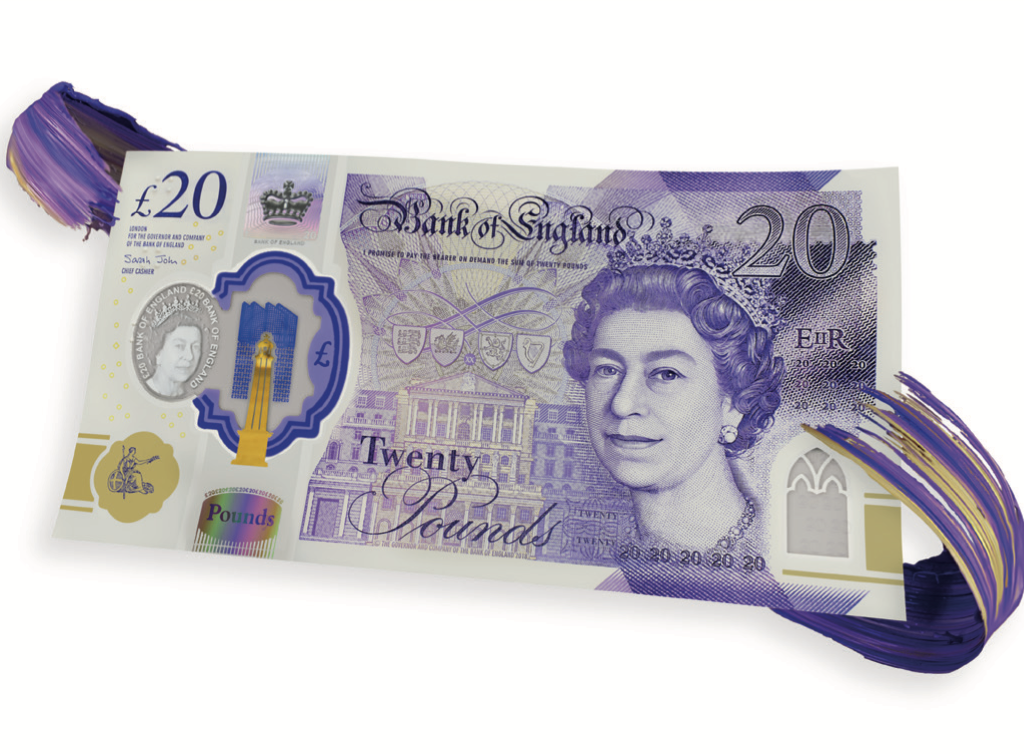Cash usage in the UK has grown for the first time in a decade as consumers shy away from overspending on plastic payment cards during the ongoing cost of living crisis.
Across the UK, coins and banknotes accounted for nearly a fifth (19%) of transactions in 2022, according to the British Retail Consortium (BRC) annual Payments Survey, up from 15% in 2021.
It’s the first time that the retailer lobby group has recorded any growth in cash uptake since it first began monitoring payments in 2013.
Card payments were used for 76% of transactions (83% in 2021), with debit cards accounting for four-fifths of these transactions.
The report states: “Faced with rising living costs, cash was a useful tool for some people to manage their finances and track their day-to-day spending.”
Average transaction value fell from £24.49 to £22.43, as consumers shopped around more and made more regular, but smaller, purchases.
The BRC says the data reflects a choice by many households to use cash to budget more carefully during the onset of the cost-of-living-crisis, as well as a natural return to cash following the move to contactless during Covid.
The Consortium has welcomed the slight downturn in card usage, having fought a rearguard battle on behalf of retailers over rising interchange and scheme fees.
Hannah Regan, BRC payments policy advisor says: “We are now seeing a return to many of the pre-pandemic trends in payments, including smaller but more frequent purchases, and a slight return of cash payments. Unfortunately, what has not changed, is the ever increasing scale of fees paid by retailers in order to accept card payments.”
Other alternatives to cards such as buy now, pay later and open banking payments also grew from two percent in 2021 to 4.9% in 2022. This trends is expected to accelerate through 2023.
Says Regan: “Though alternative payment methods could provide much needed competition to the market, the dominance of card payments means it is essential that action is taken to prevent fees rising further.”







